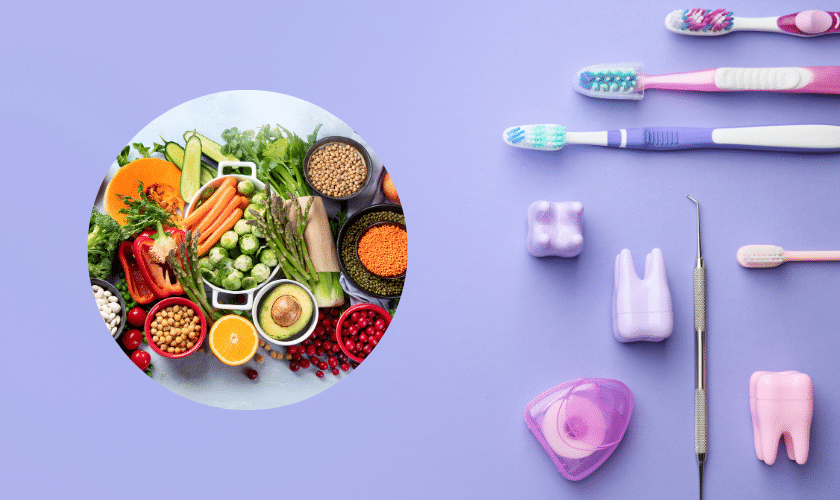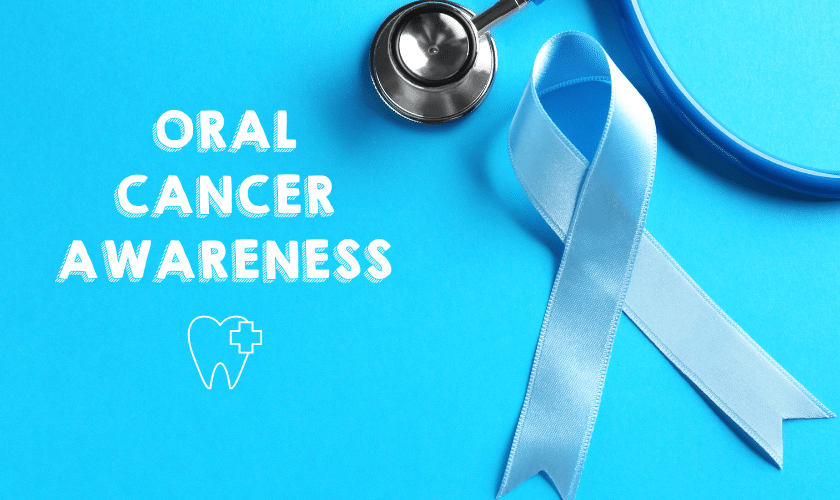
Navigating Oral Wellness: The Impact of Diet on Your Smile
Your smile reflects not just your dental care routine but also your dietary choices. What you eat plays a crucial role in maintaining optimal oral health. Let’s delve into the intricate connection between your diet and the well-being of your teeth and gums.
1. Sugar and Tooth Decay:
The notorious culprit, sugar, is a major player in tooth decay. Bacteria in your mouth feast on sugar, producing acids that erode enamel. Limit sugary snacks and beverages to protect your pearly whites.
2. Acidic Foods and Enamel Erosion:
Foods high in acidity, such as citrus fruits and tomatoes, can contribute to enamel erosion. While these foods offer essential nutrients, moderation is key. Rinse your mouth with water after consuming acidic treats.
3. Calcium-Rich Foods for Strong Teeth:
Calcium is a tooth’s best friend. Dairy products, leafy greens, and fortified foods contribute to strong teeth and bones. Ensure your diet includes these calcium-rich options to fortify your oral defenses.
4. Crunchy Fruits and Vegetables:
Crunchy fruits and vegetables act as nature’s toothbrushes. Apples, carrots, and celery stimulate saliva production, helping to neutralize acids and clean your teeth naturally.
5. Hydration and Saliva Production:
Water is not just vital for overall health; it’s essential for your oral well-being. Adequate hydration promotes saliva production, which acts as a natural cleanser, washing away debris and neutralizing acids.
6. Phosphorous-Rich Foods for Enamel Protection:
Phosphorous-rich foods like fish, lean meats, and nuts contribute to enamel protection and repair. Embrace a balanced diet to ensure your teeth receive the nutrients they need.
7. Tea and Polyphenols:
Green and black teas contain polyphenols, compounds with potential benefits for oral health. These substances may help combat bacteria and reduce the risk of cavities. Enjoy tea in moderation as part of your oral-friendly diet.
8. Avoiding Staining Agents:
Certain foods and beverages, like coffee and red wine, can stain teeth over time. Regular brushing and professional cleanings help counteract staining, but moderation in consumption remains essential.
9. Nutrient-Rich Foods for Gum Health:
Gums require attention too. Vitamin C-rich foods, like berries and citrus fruits, contribute to gum health. Insufficient vitamin C can lead to gum disease, emphasizing the importance of a well-rounded diet.
10. Balancing Act:
Maintaining a balanced diet is the cornerstone of good oral health. Ensure you receive a variety of nutrients, including vitamins A, C, and D, to support the strength of your teeth and gums.
Conclusion: A Mouthful of Wellness
Your diet isn’t just about nourishing your body; it’s a fundamental factor in the health of your smile. By making mindful choices and embracing a diet rich in oral-friendly nutrients, you contribute to the longevity and radiance of your teeth and gums. Combine this with regular dental check-ups, and you’re on the path to a mouthful of wellness that shines through your vibrant smile.





